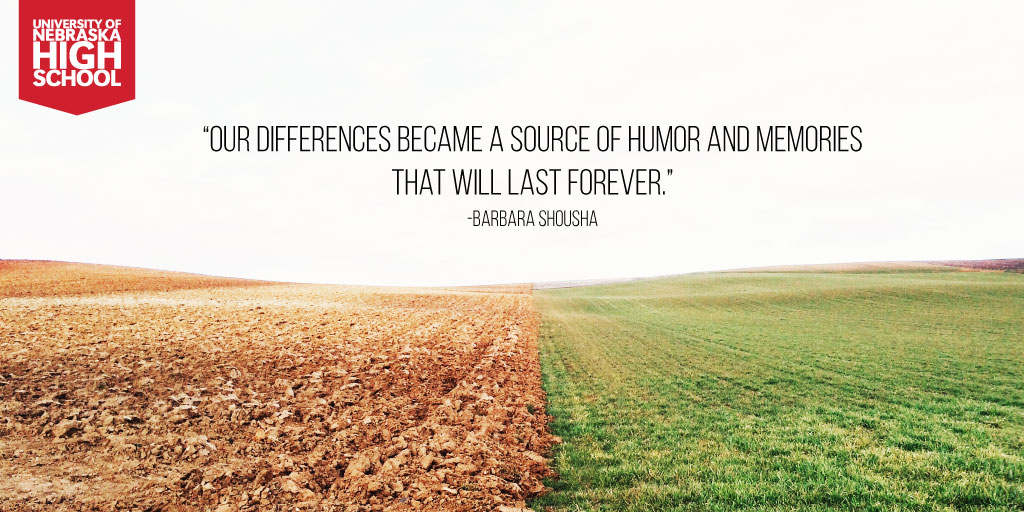
The most recent Phi Delta Kappan issue (December/January, 2017) contains an excellent article championing the cause for high schools to start school at later times. The idea isn’t new, but the research keeps getting more convincing that a later start time is certainly in the best interest of students and carries many benefits for them. This article, written by Kyla L. Wahlstrom, looked at some earlier studies in Edina and Minneapolis schools. The author points out that what we know about the teenage brain is that the need for more sleep is “a matter of biology, not choice,” and many teens are not able to fall asleep before about 10:45 p.m. and remain in a sleep mode until about 8 a.m. This appears to be connected to the circadian rhythm and is directly related to hormonal changes during puberty and eventually disappears as teens enter their 20s.

Wahlstrom points out that medical research (Carskadon, Acebo, & Jenni, 2004; Jenni Achermann, & Carskadon, 2005) shows negative effects of sleep deprivation such as depression, obesity, substance use and abuse and increased car crashes (this should concern all of us!). Early research showed that absences, tardiness and sleepiness in school had significantly declined with later start times, and that moods and feelings of student efficacy had improved (Wahlstrom, 2002).
Wahlstrom went on to study eight high schools in five school districts in three states—Minnesota, Colorado and Wyoming, from 2010 to 2013 (Wahlstrom et al., 2014). It was found that in those schools that implemented the latest school start times of 8:35 and 8:55 a.m., there was a significant decrease in absences and tardiness in grades 9-12.
Finally, the study indicated that those students who slept eight or more hours each night were significantly less likely to report symptoms of depression, fall asleep in class, drink caffeinated beverages, have a phone or computer in their bedroom and do dangerous things.
At UNHS, we are fortunate that students who are working through their online courses can choose when and how much time they spend on their coursework. They have much more control over starting their work later in the day to match their circadian rhythms. The ultimate expectation remains the same—the work must get done and having a regular routine study time is an important part of making progress. Aligning a teen’s brain efficiency with their work schedule is a plan for better academic performance. I encourage you to read the entire article in the Kappan as it goes further in discussing how best to approach your school board and community about making a later start time a possibility. It begs our attention.
(“Later start time for teens improves grades, mood, and safety”, Phi Delta Kappan, December, 2016/January, 2017).



